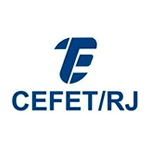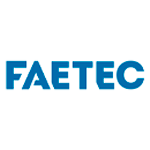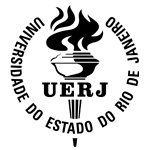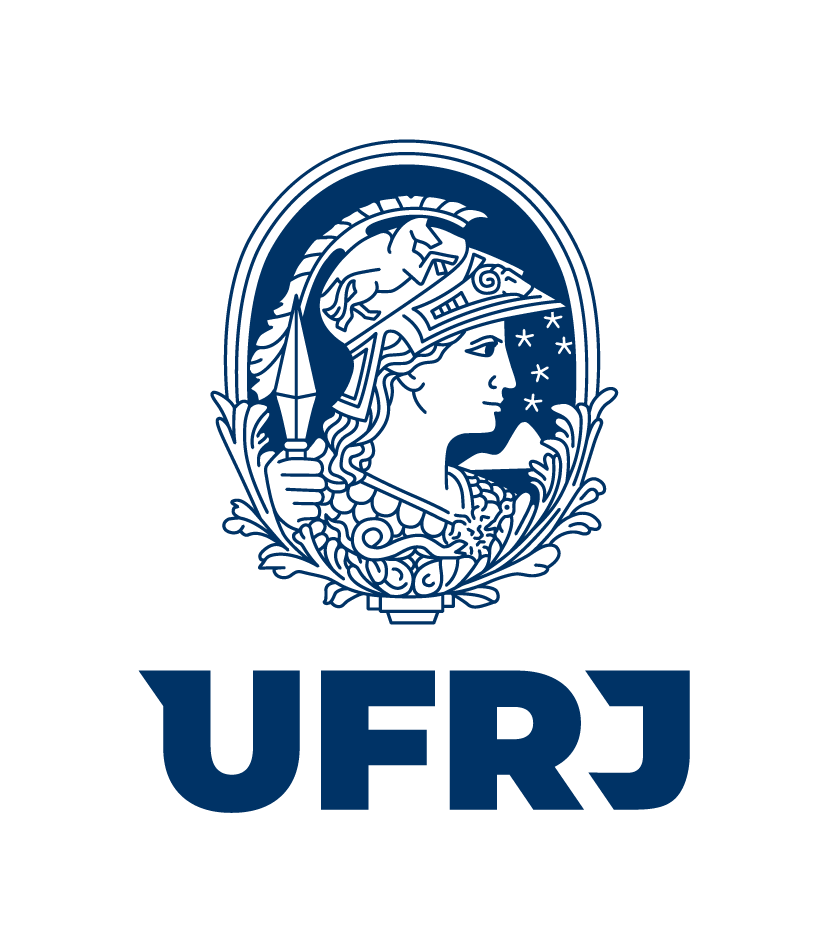Um Modelo de Gamificação para Redes Sociais Educacionais
DOI:
https://doi.org/10.18264/eadf.v10i1.947Resumo
O uso de redes sociais associados a estratégias de gamificação podem auxiliar no processo de aprendizagem. Este estudo parte da hipótese de que uma rede social educacional gamificada potencializa o engajamento e a motivação dos sujeitos em práticas pedagógicas que envolvem a rede. Este artigo propõe um modelo de gamificação aplicada a redes sociais educacionais, com o intuito de potencializar a motivação e o engajamento dos alunos em práticas pedagógicas envolvendo os recursos da rede. O estudo faz uso do método Design Science Research (DSR), para construção do artefato proposto. A pesquisa tem caráter qualitativo, em que foram avaliadas as técnicas de gamificação propostas pelo modelo (artefato), tendo como estudo de caso sua aplicação na Rede Social Educacional Teia. Com base em dois experimentos realizados junto a um curso de graduação e a alunos de ensino médio participantes de um projeto junto a universidade, os resultados da análise da pesquisa evidenciaram que a rede Teia gamificada favoreceu a motivação e o engajamento dos alunos, melhorando a experiência destes durante as atividades realizadas.
Palavras-chave: Gamificação. Redes sociais educacionais. Jogos digitais.
Downloads
Referências
CHOU, Y. Actionable Gamification - Beyond Points, Badges, and Leaderboards. Leanpub book, 2016.
CSIKSZENTMIHALYI, M. Flow: the psychology of optimal experience. 1st ed. HarperCollins e-books, New York, 2008.
HÄGGLUND, P. Taking gamification to next level: A detailed overview of the past, the present and a possible future of gamification. 2012. Disponível em <http://www8.cs.umu.se/education/examina/Rapporter/PerMafrost.pdf>. Acesso em: Nov 2019.
MCGONIGAL, J. A realidade em jogo – Por que os games nos tornam melhores e como eles podem mudar o mundo. Rio de Janeiro: Best Sellers, 2012.
MONTEIRO,W. M. ;OLIVEIRA,T. M.; SILVA, D. J. M. Gamificação na Educação a Distância: Possibilidades para o ensino de programação; Revista Tecnologias na Educação, 2015.
PRENSKY, M. Aprendizagem baseada em jogos digitais. Editora Senac – São Paulo, 2012.
RECUERO, R. A Conversação em Rede – comunicação mediada pelo computador e redes sociais na internet. Porto Alegre: Sulina, 2012.
RIBAS, C.C.C. As redes sociais como ferramenta em EaD: Um estudo sobre a utilização do facebook. Revista Eletrônica do curso de pedagogia das faculdades OPET. Jun. 2015.
RYAN, R. M.; DECI, E. L. Intrinsic and Extrinsic Motivations: Classic Definitions and New Directions. Contemporary Educational Psychology 25, p. 54–67, 2000.
SANTAELLA, L. Comunicação ubíqua: repercussões na cultura e na educação. 1ª ed. São Paulo: Paulus, 2013.
TENÓRIO, T.; MARQUES, T.; PATTERSON, N.; TENÓRIO, A. O Emprego do e-Mail e do Facebook na Educação a Distância com Base nas Percepções de Alunos e Egressos. EaD Em FOCO, 5(3), 2015. Disponìvel em: https://doi.org/10.18264/eadf.v5i3.277.
VAN AKEN, J. E. Management Research Based on the Paradigm of the Design Sciences: The Quest for Field-Tested and Grounded Technological Rules. Journal of Management Studies, v.41, n.2, p.219-246, 2004.
WINTER, N. J.; SANTOS, G. N.; STRACK, T. L.; MOSSMANN, J. B.; BARBOSA, D. N. F.; BEZ, M. Incentivo ao Estudo Através dos Jogos: experiências no desenvolvimento de uma rede social "gamificada". Revista Hipertexto. V4, n. 3, 2014.
ZICHERMANN, G.; CUNNINGHAM, C. Gamification by Design: Implementing Game Mechanics in Web and Mobile Apps. Sebastopol, CA: O"™Reilly Media, Inc. 2011.
Downloads
Publicado
Como Citar
Edição
Seção
Licença
Copyright (c) 2020 EaD em Foco

Este trabalho está licenciado sob uma licença Creative Commons Attribution 4.0 International License.
Todos os artigos publicados na Revista EaD em Foco recebem a licença Creative Commons - Atribuição 4.0 Internacional (CC BY 4.0). Todas as publicações subsequentes, completas ou parciais, deverão ser feitas com o reconhecimento, nas citações, da Revista EaD em Foco como a editora original do artigo.













